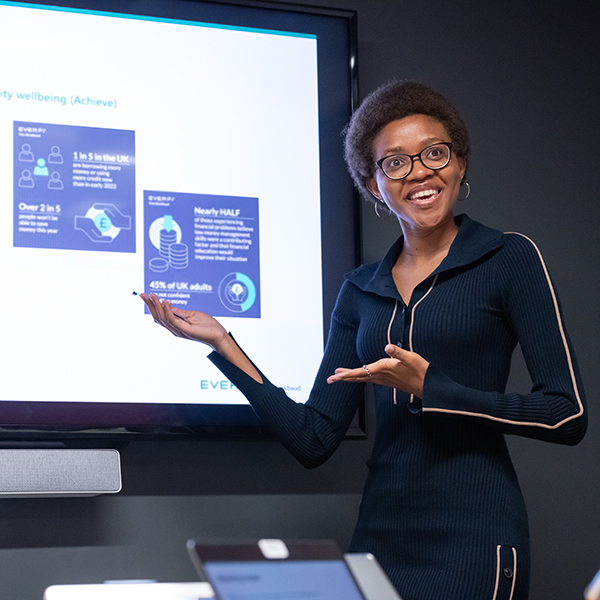 By Lord Jim Knight, former cabinet Minister and Chief Education and External Officer at TES
By Lord Jim Knight, former cabinet Minister and Chief Education and External Officer at TES
I’d just come back from Covid. I’d been up the night before at a dinner at the House of Lords. My energy was really up and down, and yet I woke up and my head was fizzing. I was thinking about how we might re-imagine schooling by combining the best of game design and user profiling to match data on the talent gaps in the labour market.
I was helped by having a month off alcohol but mostly I was still buzzing from the dinner conversation with a great group from tech, gaming, education and recruitment assembled by our hosts from Everfi.
My job was to facilitate the conversation. It didn’t take much to get everyone going about education and what technology might do to help.
The overwhelming sense from employers is that they are struggling with massive talent shortages, and this was confirmed by what Adecco sees across a variety of sectors. People also see the waste of talent when education fails to deliver for the diverse needs of children, such as those with autism, dyslexia or entrenched disadvantage.
The message was clear. Our one-size-fits-all education system was not delivering for many children, their parents, and for the economy. The opportunity for technology is to make teaching easier, and to enable better tailoring of schooling to the diversity of people.
In many ways this confirmed what I had heard from others before. For me the real insight then came from Electronic Arts. They didn’t talk so much about gamification of education through levels, badges and dopamine hits, rather I was struck much more by their insights into some of the fundamentals of computer game development.
In a virtual game no one tells you how to play or what the rules are. Games are designed so that the user learns by intuition, taking risks and failure. Gamers are also segmented by the industry so that products are designed for very different types of people.
‘Employers are desperate for people who are good with other people, as well as machines. They want curious, collaborative problem-solvers, not people who can just regurgitate the model answer. And those employers are increasingly working with the likes of EVERFI to develop the learning content to support teachers in meeting this need.’
How different would our education system be if learners had an experience designed for people just like them, and where you follow a learning journey that is intuitive? Where failure is something that helps you develop?
Schooling might then learn more and more about you according to your behaviour, mistakes and achievements. It would be dynamic and respond to you, but also to the changing state of the labour market. As employers understand what attributes are needed in the roles they struggle to hire, why couldn’t there be a real-time feedback loop into a dynamic education system that adjusts curricula and qualifications with real agility?
Of course, this would in turn shift the emphasis of the curriculum.
Our current system does a good job of delivering what it was designed for – to filter people into university. What this dinner conversation pointed towards is a different vision, one that both develops the full range of talents in our children and offers the economy the people it needs to thrive. This in turn connects with the final talking point of the evening – the missing learning layer in schools.
Whilst we have PSHE (Personal, Social, Health and Economic Education) as a subject in schools, it is on the margins. It is not recognised in the accountability system and is delivered by hard-working, under-resourced teachers. And yet developing the emotional, social and physical literacy of people is just as important as their academic achievements.
Employers are desperate for people who are good with other people, as well as machines. They want curious, collaborative problem-solvers, not people who can just regurgitate the model answer. And those employers are increasingly working with the likes of Everfi to develop the learning content to support teachers in meeting this need.
The opportunity is there. With a new vision for education, we could grow our future prosperity with a diverse, inclusive workforce and with a better balance of skills and motivation to succeed. What is stopping us?








